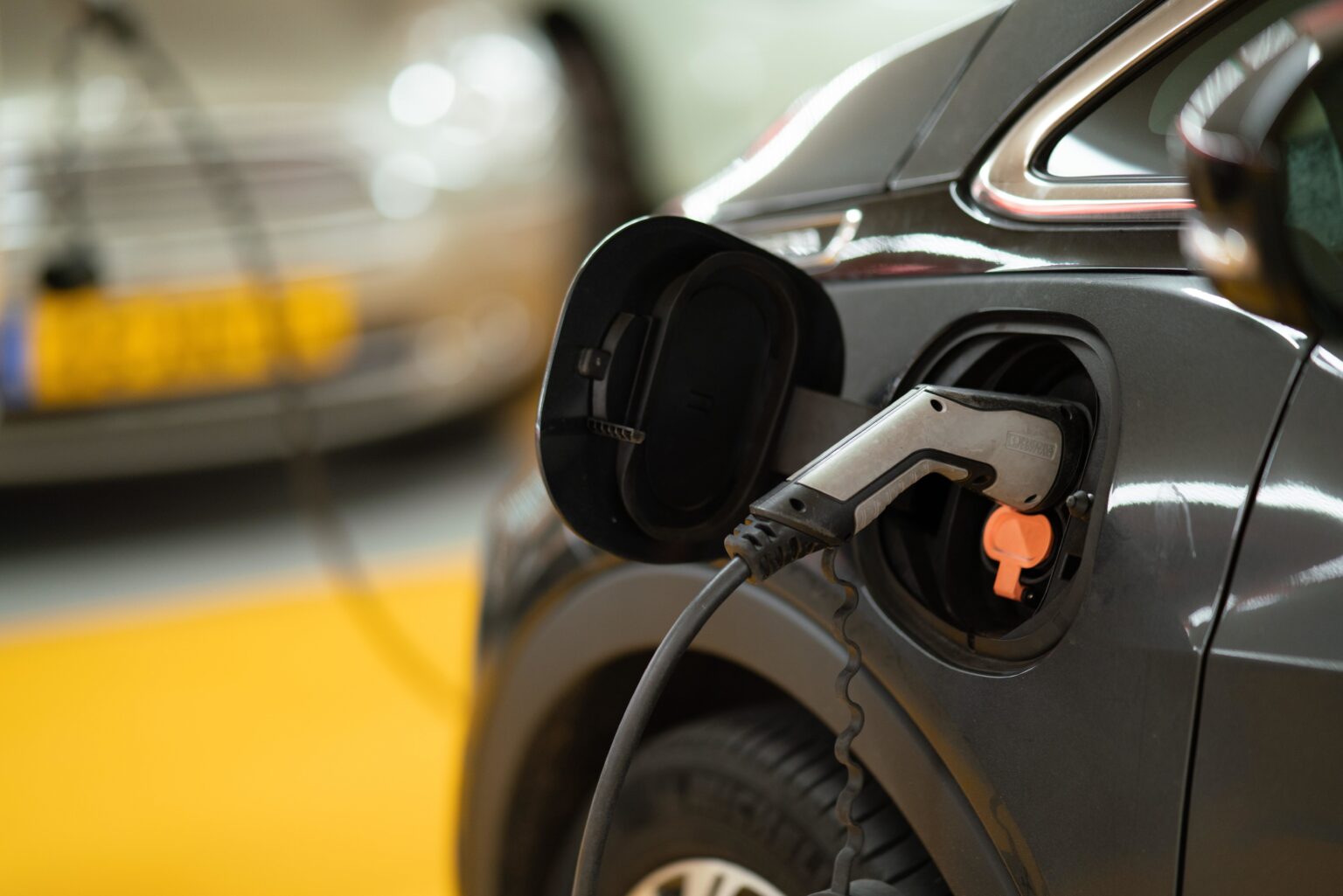- Zimbabwe earned US$209 million from lithium exports in the first nine months of 2023.
- The country’s lithium potential has captured significant attention, particularly from Chinese investors who have injected over US$1 billion in the mineral’s value chain.
- Lithium is a critical component in the production of electric vehicle (EV) batteries. Global electric vehicle (EV) car sales increased by 60 per cent in 2022, reports the International Energy Agency.
Zimbabwe is emerging as a pivotal player in satisfying the surging demand for lithium, a vital element used in the production of electric vehicle (EV) batteries. Zimbabwe has the largest lithium reserves and mines in Africa, while globally the country ranks high amongst the leading lithium producing and supply countries after Chile, Australia, China, Argentina and Brazil.
According to an article by Reuters published on November 1, 2023, Lithium is set to become Zimbabwe’s third biggest mineral export after gold and platinum metals, which registered US$2.46 billion and US$2.27 billion in export receipts in 2022.
Zimbabwe’s Mines Minister Zhemu Soda said the southern African country earned US$209 million from lithium exports in the first nine months of 2023.
“The revenue generated from the export of lithium grew from US$1.8 million in 2018 to US$70 million in 2022. By September 2023, a total of US$209 million had been realised from lithium exports,” Soda said at a mining conference in Bulawayo, Zimbabwe.
Zimbabwe’s lithium potential has captured significant attention, particularly from Chinese investors, who have injected over US$1 billion into lithium projects.
Chinese firms, including Zhejiang Huayou Cobalt, Sinomine Resource Group, Chengxin Lithium Group, Yahua Group and Canmax Technologies have spent over US$1 billion over the past two years to acquire and develop lithium projects in Zimbabwe.
China investing in Zimbabwe’s lithium industry
According to a recent Zimbabwe Environmental Law Association (ZELA) report, Chinese-owned companies have acquired the biggest portfolio of lithium mining projects in Zimbabwe.
Some notable Chinese acquisitions include Arcadia Lithium Project acquired by Zhejiang Huayou Cobalt for US$422 million from Prospect Resources in 2021 and Bikita Lithium Mine acquired by Sinomine Resource Group (SRG).
Besides acquisitions, Chinese investors Eagle Canyon International Group Holding Limited and Pacific Goal Investments have sealed a deal of US$13 billion with the Government for the construction of a ”mine to energy industrial park” to produce lithium-ion batteries.
In March 2023, China Natural Resources entered into an agreement to acquire US-based Williams Minerals (Pvt) Ltd which owns lithium mining rights in Zimbabwe. According to Reuters, on July 5, 2023, Zhejiang Huayou Cobalt commissioned its lithium concentrator, which has an annual capacity of 450,000 metric tonnes, at the Arcadia mine.
A little earlier in May 2023, Chengxin Lithium Group Co commissioned a 300,000 metric tonne per year lithium concentrator at Sabi Star mine in eastern Zimbabwe.
While Western investors remain cautious due to concerns about human rights, sanctions, and political uncertainty, Australia’s participation in the Step Aside Lithium Project and the government’s stake in the Kuvimba Mining House underscore diverse partnerships in Zimbabwe’s lithium mining value chain.
In addition, reports indicate that an estimated 5,000 artisanal miners, fortune seekers and foreigners were involved in mining and trading lithium at Sandawana Mine by November 2022.
Whats more, ZELA identified artisanal miners in Mutoko, Chiredzi, Goromonzi, Mberengwa and parts of Buhera districts.
Also read: Zimbabwe bans export of raw lithium
Zimbabwe ban export of raw lithium
Meanwhile, Zimbabwe has banned the export of raw lithium through regulations. Statutory Instrument 213 of 2022 and SI5 of 2023 banned the export of unprocessed or unbeneficiated raw lithium ore and base minerals, except under the written permission of the Minister.
Statutory Instrument 213 of 2022 was repealed by SI 5 of 2023, which essentially widened the export ban from focusing only on lithium to include other base minerals.
Zimbabwe might have taken a cue from other African countries and Latin American countries that imposed bans on raw lithium exports and forced mines to process and refine lithium into concentrates before exporting to retain value of mineral wealth, boost tax revenue and encourage new local businesses and add jobs.
The ban on raw lithium exports and recent policy changes present challenges but also opportunities for Zimbabwe to position itself as a major player in the energy transition.
The role of lithium in electric vehicles
Lithium is becoming a highly sought-after mineral in the drive to achieve a net-zero global economy. The International Monetary Fund (IMF) has warned that by 2030 the global economy will have to have reduced its greenhouse gas emissions by at least 25 per cent in order to meet the goal set in the 2015 Paris Climate Accords to limit the global temperature increase to 1.5°C.
One way of achieving this goal is by taking steps to reduce global carbon dioxide (CO2) emissions to net-zero by 2050.
As the global economy transitions towards a net-zero scenario, the demand for raw minerals which are vital to many clean energy technologies will increase. These minerals include lithium, copper and nickel. The International Energy Agency estimates that by 2040 the global demand for these vital minerals may exceed the current demand for coal.
According to the World Economic Forum, a total of 540,000 metric tonnes of lithium were mined globally in 2021. This is expected to increase to 1.5 million metric tonnes and 3 million metric tonnes by 2025 and 2030 respectively.
The shift towards EVs is a crucial component of global efforts to reduce carbon emissions and combat climate change. Lithium-ion batteries have a lower carbon footprint compared to conventional internal combustion engines, contributing to cleaner air and a more sustainable future.
Global sales of electric cars increased by around 60 per cent in 2022, surpassing 10 million for the first time. As a result, one in every seven passenger cars bought globally in 2022 was an EV, according to a recent report by the International Energy Agency (IEA).
Total car sales, meanwhile, fell close to 0.5 per cent, to around 75 million in 2022 after growing in 2021. Car markets shrunk the most in the US and EU, by 8 per cent and 4 per cent respectively.
This was due partially to component shortages, as well as rising inflation and higher interest rates. However, places like China saw passenger car sales increase by more than 10 per cent.
Lithium’s importance extends beyond EVs to the broader energy transition. The integration of renewable energy sources like solar and wind requires efficient energy storage solutions, where lithium-ion batteries play a vital role.
These batteries can store excess energy generated during peak renewable production periods and release it when demand is high or when renewable sources are not actively generating power.
Also read: Acquisitions that reshaped Zimbabwe’s banking sector in 2023




